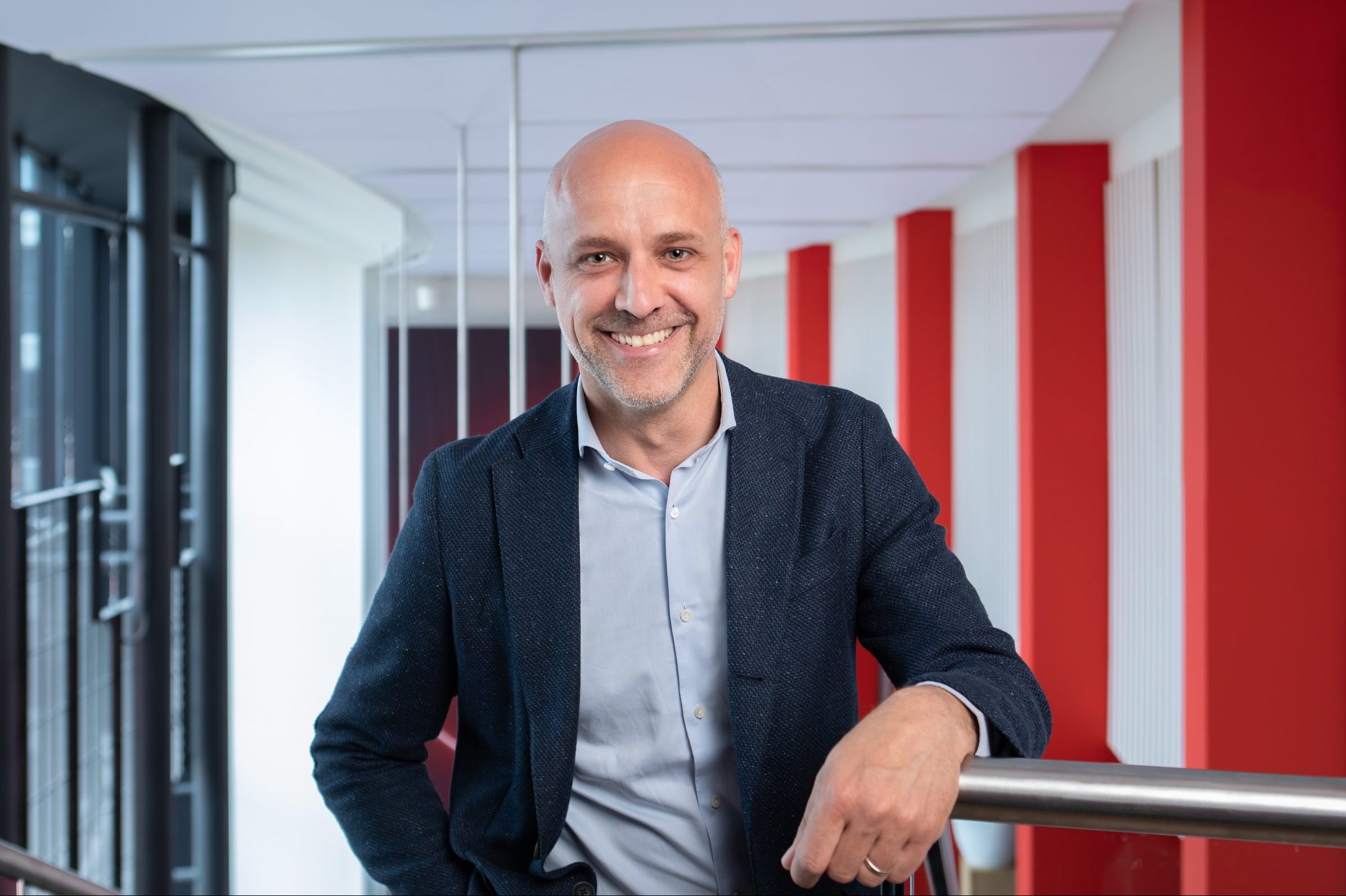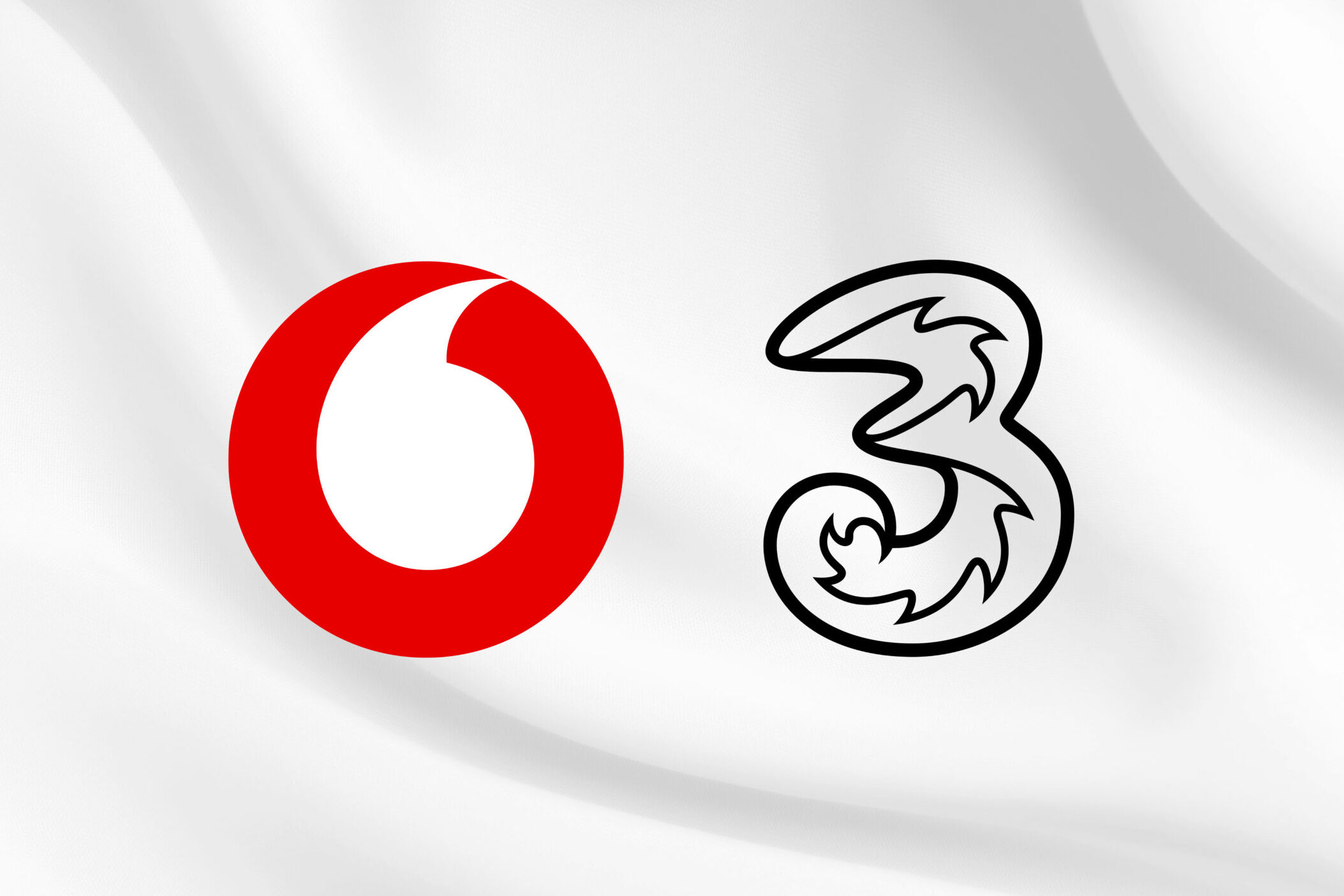Health concerns about 5G are misplaced and aren’t backed up by the science, according to the Institution of Engineering and Technology.
5G does not pose a danger to human health, according to the latest guide from the Institution of Engineering and Technology (IET). Independent professional engineers, at the IET’s request, specifically investigated the claim that 5G poses a greater health risk than previous generations of mobile phone technology. The conclusion: “emphatically no”.
The IET guide not only corroborates the newly updated safety guidelines from the International Commission on Non-Ionising Radiation Protection (ICNIRP), it also addresses common misconceptions about 5G and health.
The IET emphasises that 5G is held to the same high safety standards as 4G and 3G, with no exemptions. While some people have petitioned against 5G roll-outs based on health concerns, the IET report concludes that those concerns – while sincere – are misplaced. Specifically, they are out-of-step with current scientific research which concludes that the radio exposure from 5G is no different to 4G and 3G.
The report also debunks the common belief that UK 5G networks are based on mmWave (millimetre wave) frequencies. This is incorrect, the report states, as there are no mmWave 5G networks in the UK and there are currently no plans to deploy any.
Concerns around mmWave are based on the belief that using this technology would lead to more masts and therefore more radio waves which would be harmful. But the report points out that isn’t the way mobile phone masts work at all.
In general, the farther away a mast is from a person’s phone, the more powerful its radio waves have to be for the phone to maintain a stable connection. If a phone is closer to a mast, then the mast can broadcast a less powerful signal while still maintaining a stable connection to that phone. More masts means less powerful signals, which in turn means even less exposure to radio waves, the levels of which are already highly regulated.
The Institution of Engineering and Technology is a long-standing association of professional engineers that also accredits engineering degrees in the UK.
- For more information about 5G and health, refer to Vodafone UK’s guide. This not only answers frequently asked questions, but links to the latest ICNIRP guidelines. The bibliography to those guidelines include references to the latest peer-reviewed scientific research.
- Follow @VodafoneUKNews on Twitter.









![Fan hand with mobile phone photographing football game[Adobe Stock] a stock photo of a sports fan's hand holding a mobile phone up to photograph a football game in a stadium [Adobe Stock]](https://www.vodafone.co.uk/newscentre/app/uploads/2024/08/Fan-hand-with-mobile-phone-photographing-football-gameAdobe-Stock.jpg)